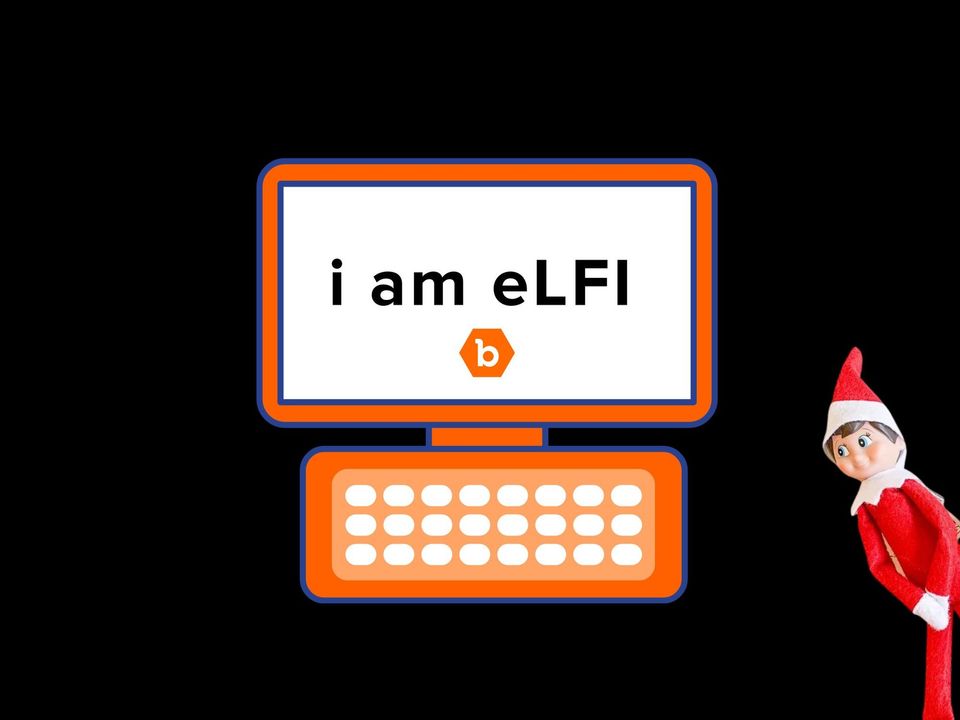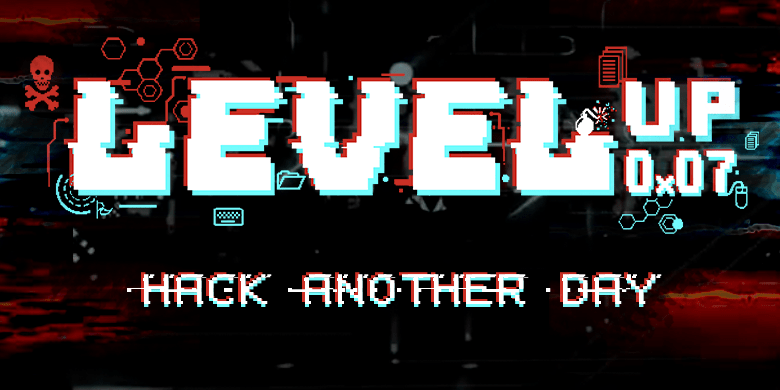eLFI already solved it, better get going #BUGCROWD Challenge

In this Write-Up, I am going to walk you through the bugcrowd’s open challenge to hackers.
- Note: In case you’re reading this Write-Up without trying out the challenge. I request you to first give it a try and check this blog if you’re stuck.
1. Hint given: “i am eLFI”
2. So, I went to this link https://bugcrowd-advent-challenge.herokuapp.com/login.php
3. Tried user1 and Randompassword123 as credentials that was present on the login page itself and it gave me an internal server error as shown below.

4. I tried to play around with the login.php but no luck.
5. I jumped right away to the view page source of the login.php application, went through the source code and few lines caught my attention which I highlighted below.

6. Then I remembered the Hint and tried to sync that with the above lines of code.
7. That’s how I found a vulnerable endpoint which is /style.php?css_file=custom.css
8. Here, when I tried to inject a random LFI payload, it showed Hacker detected, which confirmed that style.php is the vulnerable parameter.
https://bugcrowd-advent-challenge.herokuapp.com/style.php?css_file=//..//..//..//etc/passwd

9. Here I guessed it is filtering out etc/passwd so I tried URL, BASE64 encoding, and double encoding, but no luck.
10. Then, I played around with the application for a while. Finally, while fuzzing the application, I observed there’s another file as index.php

11. But when I opened it, it redirected me to the login.php. But when you open the network tab you can see the index.php and the status code as 302.

12. I felt a bit suspicious about this index.php and I wanted to see what is there in it. So, I googled about it.

13. I came across this piece of code php://filter/convert.base64-encode/resource=<filename>
which helped me in bypassing the restriction and allowed me to view the source code of index.php

14. Finally, index.php gave me some encoded string like this.
15. I decoded it using the below command. You can also use cyberchef (You can also use burpsuite’s decoder)
echo “PD9waHAKCnNlc3Npb25fc3RhcnQoKTsKc2Vzc2lvbl9yZWdlbmVyYXRlX2lkKHRydWUpOwoKaWYgKGlzc2V0KCRfU0VTU0lPTlsidXNlciJdKSl7CiAgICBoZWFkZXIoIkxvY2F0aW9uOiBkYXNoYm9hcmQucGhwIik7CiAgICBleGl0KCk7Cn1lbHNlewogICAgaGVhZGVyKCJMb2NhdGlvbjogbG9naW4ucGhwIik7CiAgICBleGl0KCk7Cn0KCj8+” | base64 — decode

16. It showed me two Php files named dashboard.php and login.php
Now, I replaced the index.php with dashboard.php and it gave me the below encoded string.

17. This time I used cyberchef to decode, I found another file named sober.php in the source code.

18. Now, I replaced the dashboard.php with sober.php and I found another encoded string

19. After decoding the string I got the below below code. Here, I found another encoded string in the multi-line comments, but this time it is small compared to the earlier encoded strings.

20. Finally, after decoding the string, I found this.

I don’t know why, but somehow I was attracted to this challenge and took off the first half of the day from work. Thanks to you bugcrowd : )
The challenge seems to be very simple after reading the walkthrough, but believe me, it took me a lot of brains to think and execute it.
I thank my friend Paweł Wąsik for his constant support.
References:

Feel free to Connect with me at -

